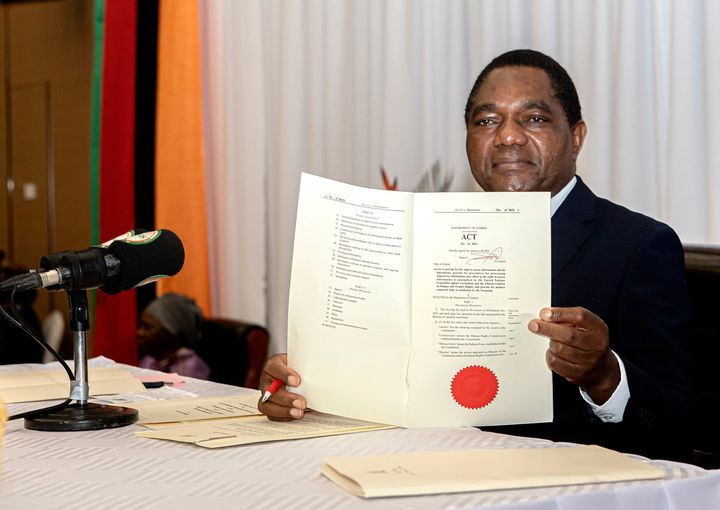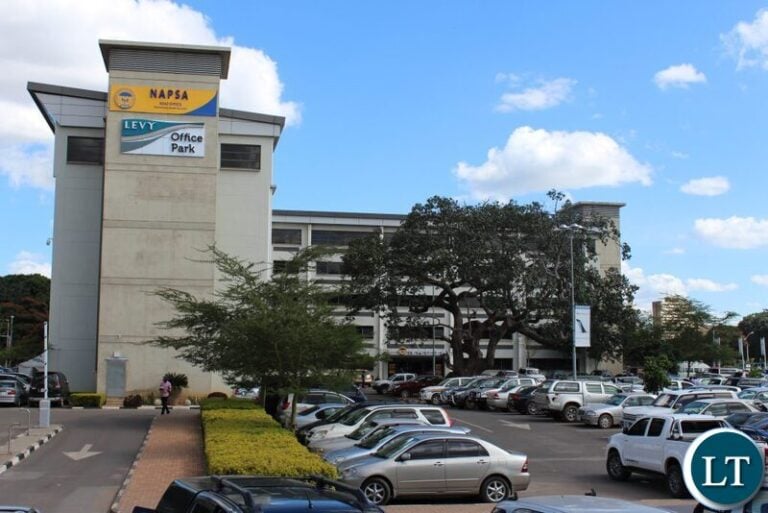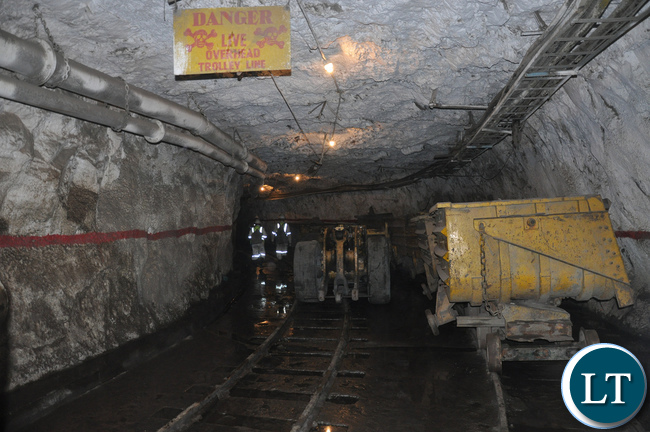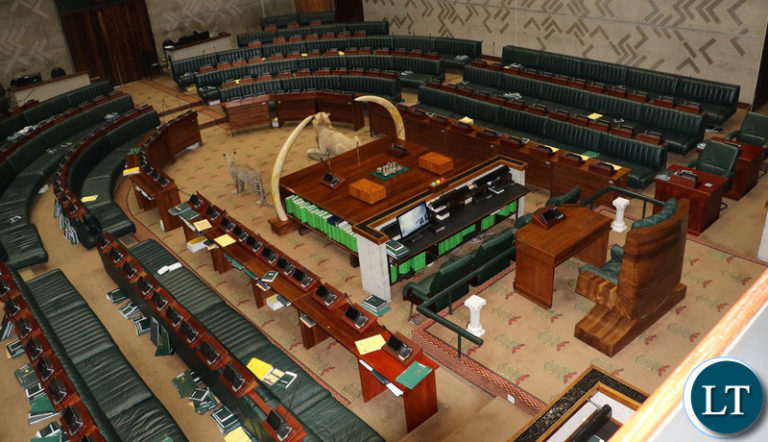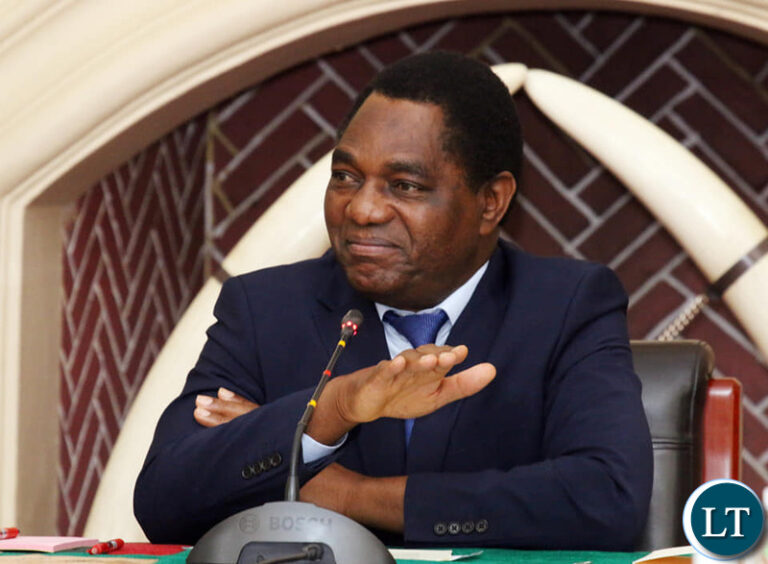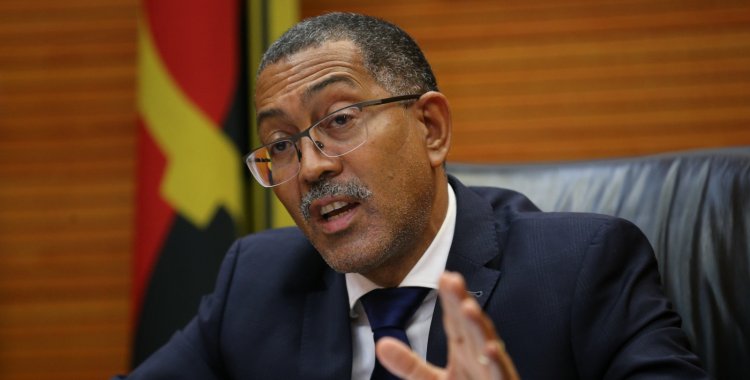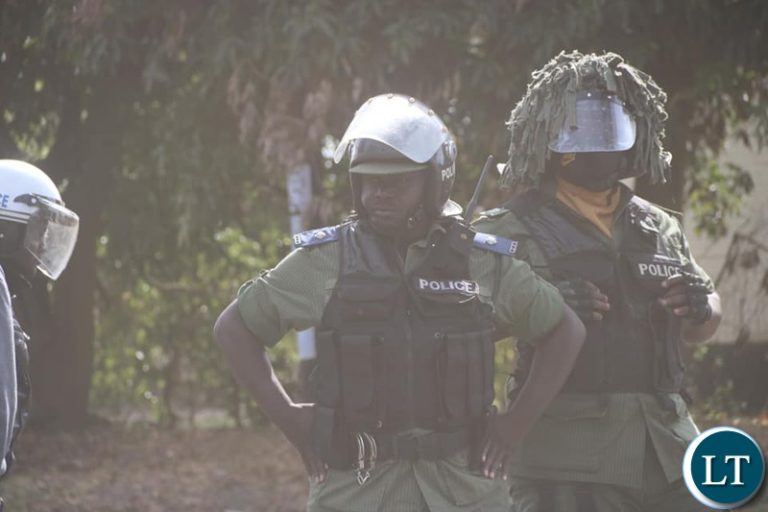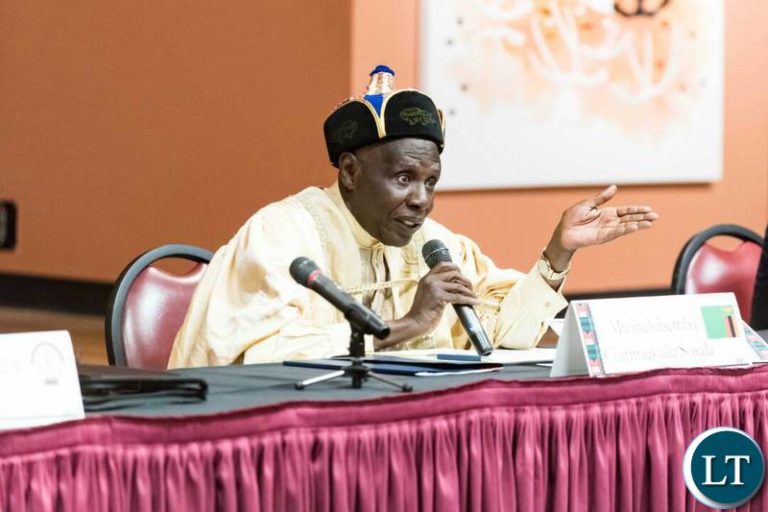President Hakainde Hichilema has signed the long awaited Access to Information Bill (ATI) into law to the excitement of the media personnel and other stakeholders in the country.
President Hichilema says the signing of ATI into law is a major milestone in the media sector and the country at large as it will promote access to information by the media and other players.
President Hichilema signed the ATI Bill during the press conference in Lusaka today, making it historical considering the many years that have passed for the piece of legislation to be signed into law.
The historical signing of the ATI will also promote human rights and democracy in the country as people will freely approach government agencies and other institutions to get vital information on any issue.
And Ministry of Information and Media Permanent Secretary Thabo Kawana said the signing of the Bill will remove limitations that people face in search of vital information.
He observed that it has taken over two decades for the country to arrive at the stage where the President has signed the much awaited ATI Bill.
Sometime this year the Minister of Information and Media, Cornelius Mweetwa presented the ATI Bill to parliament for consideration and was passed by it before closing business.


